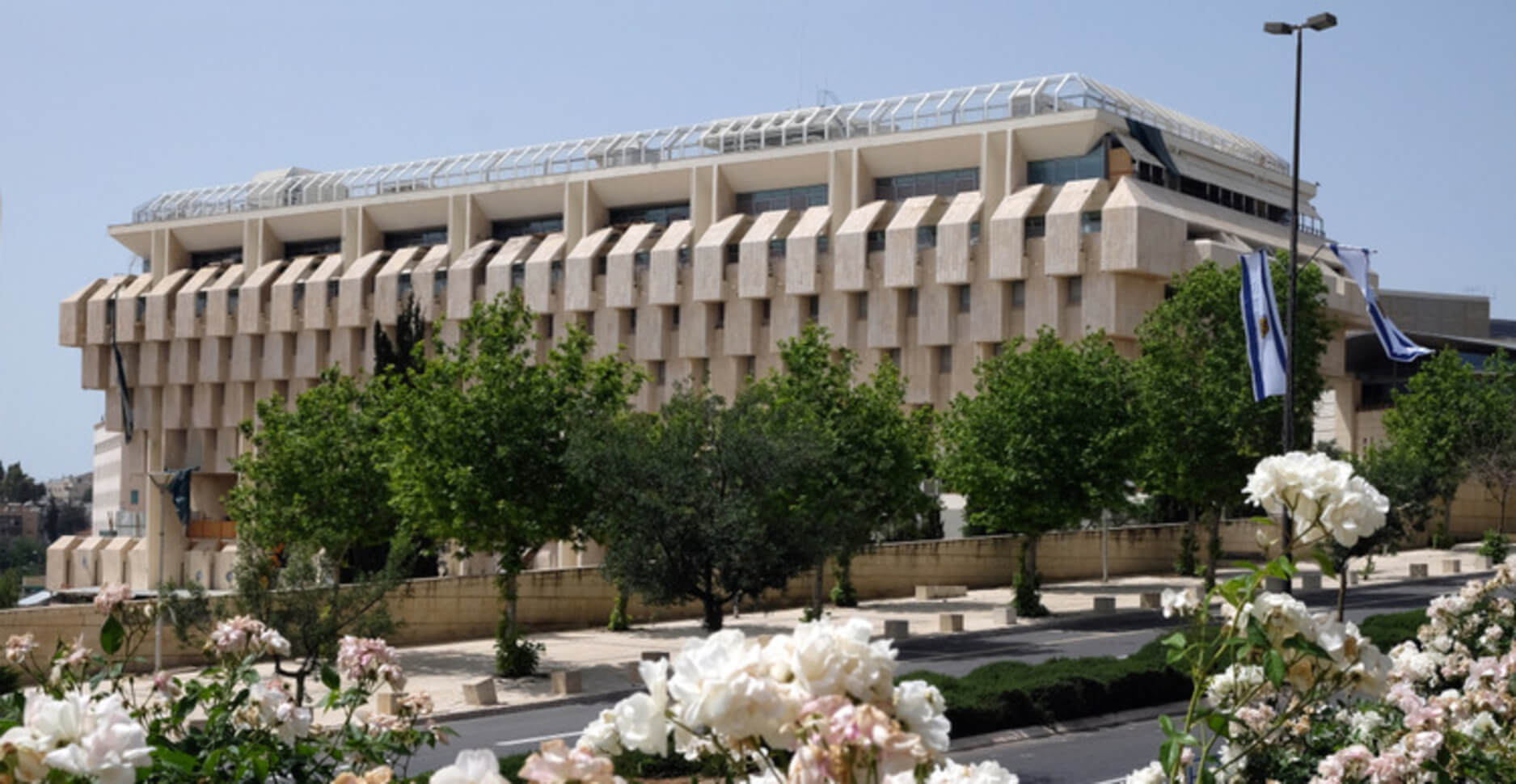Importance of a Healthy Diet
A healthy diet forms the foundation of a strong and fit body. It provides the necessary nutrients, vitamins, and minerals that fuel our bodies for daily activities, including exercise. Without a proper diet, the benefits of exercise may not be fully realized, and progress may be hindered. Therefore, it is essential to understand the relationship between exercise and diet and make informed choices.
The Relationship Between Exercise and Diet
Exercise and diet are interconnected, and together they play a pivotal role in achieving optimal health benefits of exercise. Regular exercise increases energy expenditure, builds muscle strength, improves cardiovascular health, and enhances overall well-being. However, without proper nutrition, the body may not have the required resources to support these physiological changes effectively.
Nutritional Requirements for Physical Fitness
To maximize the benefits of exercise, it is essential to meet specific nutritional requirements. This includes consuming an appropriate balance of macronutrients (carbohydrates, proteins, and fats) and micronutrients (vitamins and minerals) while staying adequately hydrated.
Macronutrients: Carbohydrates, Proteins, and Fats
Carbohydrates provide energy and should form a significant part of an active individual's diet. Whole grains, fruits, and vegetables are excellent sources of complex carbohydrates that release energy gradually.
Proteins are essential for muscle repair and growth. Lean meats, poultry, fish, beans, and dairy products are rich sources of protein that aid in recovery after exercise.
Fats are important for hormone production and protecting vital organs. Opt for healthy fats found in avocados, nuts, seeds, and olive oil, while limiting saturated and trans fats.
Micronutrients: Vitamins and Minerals
Vitamins and minerals are crucial for various bodily functions, including energy metabolism, immune support, and bone health. A diet rich in fruits, vegetables, whole grains, lean proteins, and dairy products can help meet these requirements.
Hydration
Staying hydrated is essential for overall health and exercise performance. Drink an adequate amount of water throughout the day, especially before, during, and after workouts, to replace fluids lost through sweat.
Pre-Workout Nutrition
Before engaging in physical activity, it's essential to fuel your body adequately. Here are some tips for optimizing your pre-workout nutrition:
Timing and Composition of Meals
Allow sufficient time for digestion before exercise, ideally 1-3 hours, to prevent discomfort. Consume a balanced meal containing carbohydrates for energy and proteins for muscle support.
Energy-Boosting Foods
Include energy-boosting foods such as bananas, oats, or a small serving of nuts to provide sustained energy during your workout.
Avoiding Heavy Meals
Avoid consuming heavy or greasy meals before exercising, as they can cause digestive issues and discomfort during physical activity.
Post-Workout Nutrition
After completing your workout, it's crucial to focus on post-workout nutrition to aid muscle recovery and replenish energy stores. Consider the following tips:
The Anabolic Window
Consume a balanced meal or snack within 30-60 minutes after exercise physical to optimize muscle repair and glycogen replenishment.
Muscle Recovery and Growth
Prioritize protein-rich foods such as lean meats, eggs, or plant-based protein sources to promote muscle recovery and growth.
Protein-Rich Foods
Incorporate protein-rich foods into your post-workout meals, such as Greek yogurt, quinoa, or a protein shake, to support muscle repair and synthesis.
Balancing Caloric Intake and Expenditure
Maintaining a balance between the calories you consume and the calories you burn through exercise is crucial for weight management and overall health. Consider your fitness goals and adjust your caloric intake accordingly.
Incorporating Whole Foods into Your Diet
Whole foods are minimally processed and retain their nutritional value. Include a variety of fruits, vegetables, whole grains, lean proteins, and health fitness in your diet for optimal health benefits.
Healthy Snacking Options
Opt for nutritious snacks between meals to keep your energy levels stable. Choose options such as fresh fruits, nuts, yogurt, or vegetable sticks with hummus.
Avoiding Processed Foods and Added Sugars
Processed foods and added sugars can hinder your progress towards optimal health and fitness. Minimize your consumption of sugary snacks, sodas, and processed snacks, opting for healthier alternatives instead.
Meal Prepping and Planning
Meal prepping and planning can help you make healthier choices throughout the week. Set aside time to prepare meals and snacks in advance, ensuring that they align with your nutritional goals.
Mindful Eating Habits
Practicing mindful eating involves being present while you eat, paying attention to hunger cues, and savoring each bite. This approach can help prevent overeating and promote a healthier relationship with food.
Hydration and Its Role in Exercise Performance
Proper hydration is essential for optimal exercise performance. Drink water regularly throughout the day and consider sports drinks or electrolyte-rich beverages for intense workouts or prolonged physical activity.
Supplements and Their Place in a Healthy Diet
While it's best to obtain nutrients from whole foods, supplements can be beneficial for individuals with specific dietary restrictions or deficiencies. Consult a healthcare professional or a registered dietitian before incorporating any supplements into your routine.
Consulting a Nutritionist or Dietitian
If you have specific dietary needs, goals, or concerns, consulting a nutritionist or dietitian can provide personalized guidance and support on your journey to better health and fitness.
Tracking Progress and Making Adjustments
Keep track of your exercise routine, dietary choices, and progress towards your goals. Regularly assess and make adjustments as needed to ensure you continue to challenge yourself and make sustainable changes.
Achieving and maintaining physical fitness goes beyond exercise alone. By combining regular physical activity with a healthy and balanced diet, you can optimize your results, enhance your overall well-being, and enjoy the numerous benefits of a healthy lifestyle.










 English (US) ·
English (US) ·